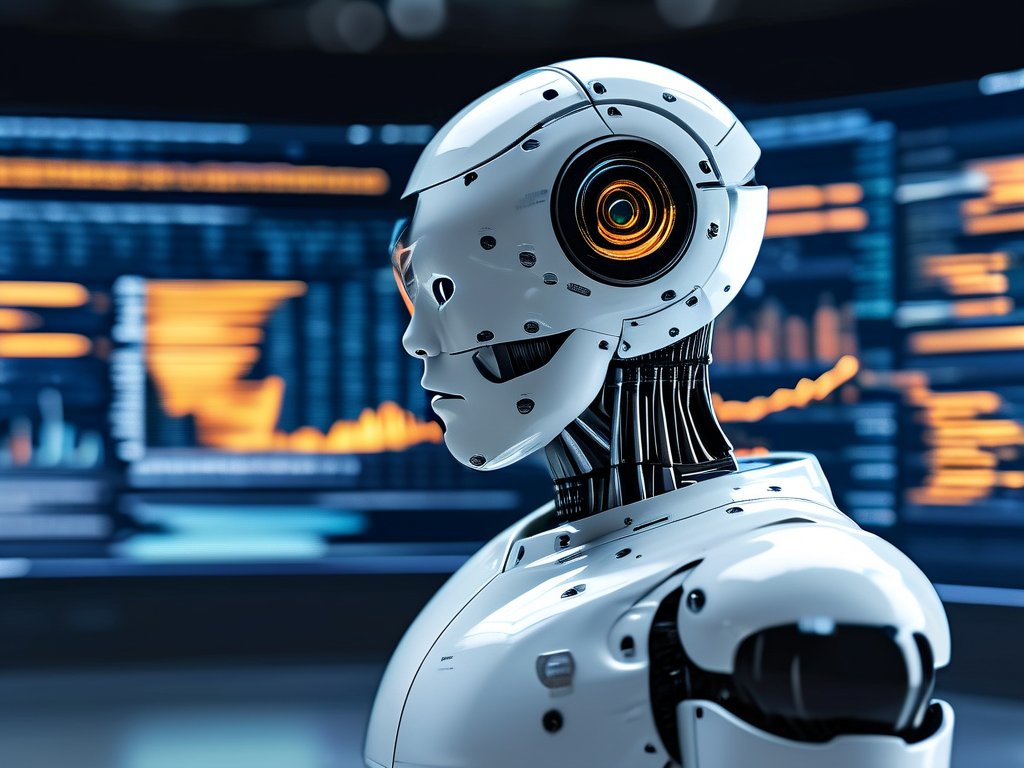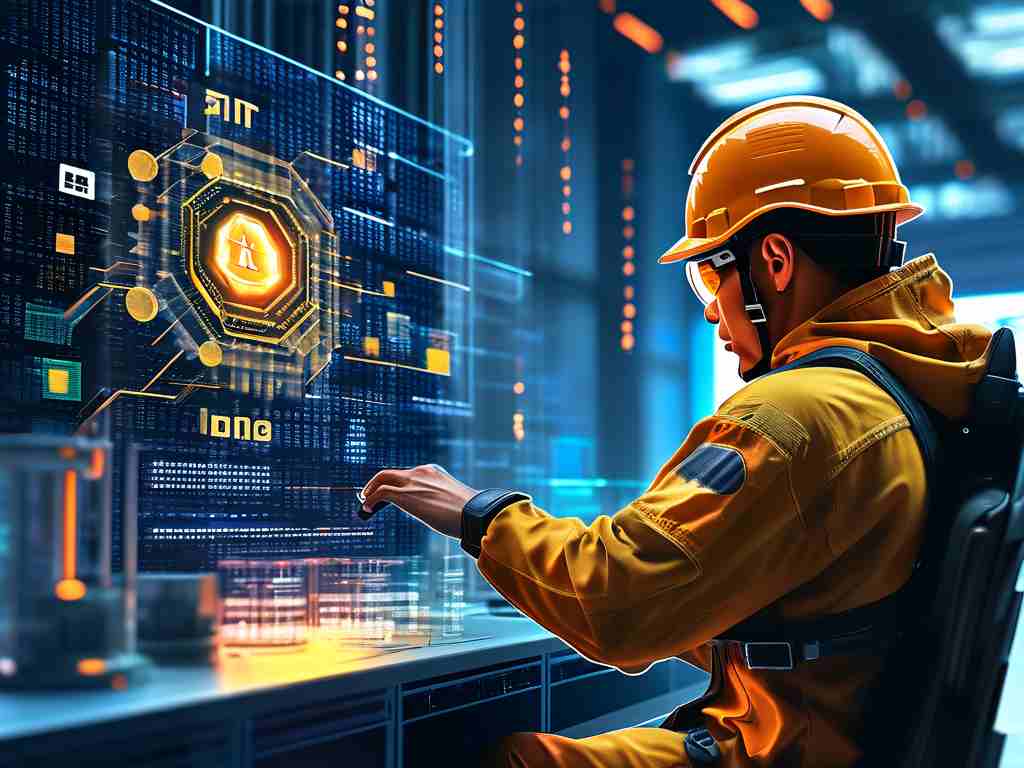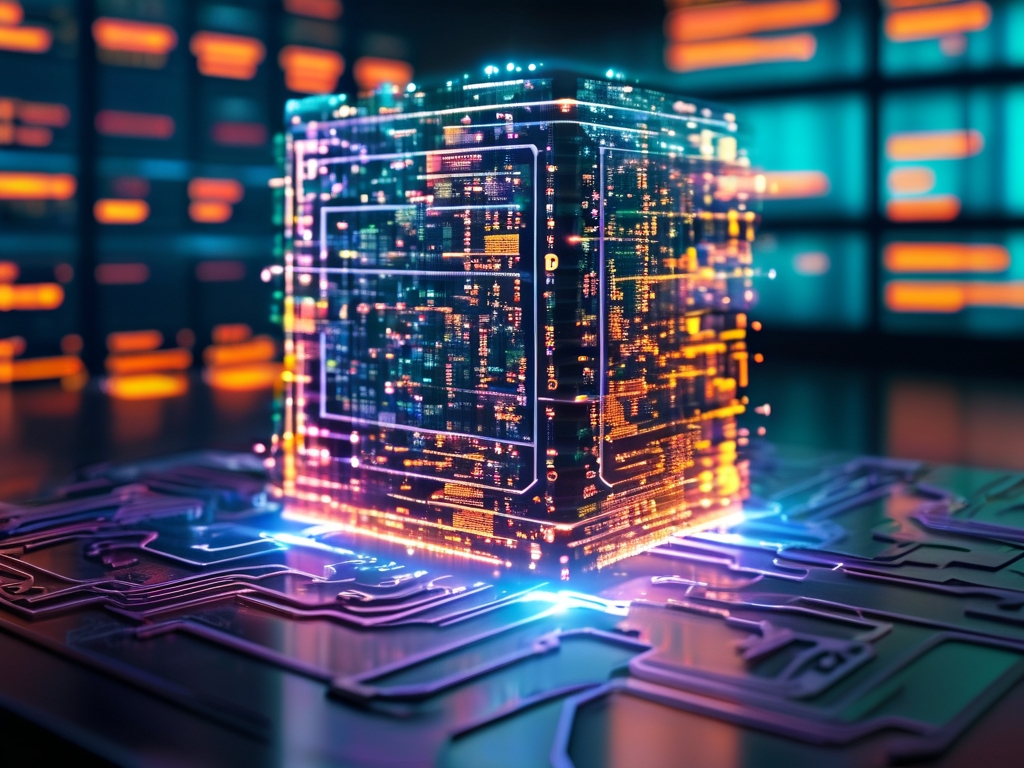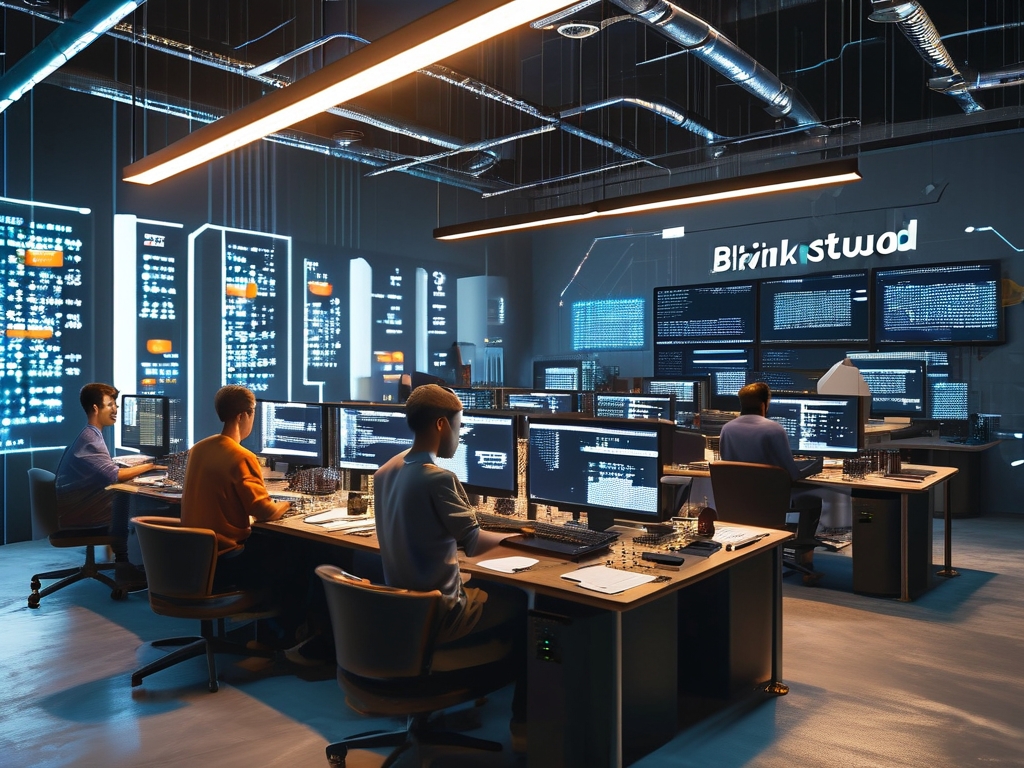The convergence of blockchain and artificial intelligence (AI) is reshaping industries by combining decentralized trust with intelligent automation. While both technologies have evolved independently, their integration unlocks novel solutions to long-standing challenges. This article explores three groundbreaking applications and their implications for businesses and society.

1. Secure Data Marketplaces Powered by Smart Contracts
Traditional data sharing models face issues of privacy breaches and unfair compensation. Blockchain-AI hybrids address this through encrypted data ecosystems. For instance, healthcare institutions can deploy AI models that analyze patient records stored on permissioned blockchains. Smart contracts automatically execute micropayments when researchers access anonymized datasets, ensuring compliance with GDPR and HIPAA regulations.
Consider this prototype smart contract snippet for a medical data exchange:
contract DataLicense {
address public provider;
uint256 public accessFee;
constructor(uint256 _fee) {
provider = msg.sender;
accessFee = _fee;
}
function grantAccess(address researcher) external payable {
require(msg.value == accessFee, "Incorrect payment");
// Trigger AI analysis API here
payable(provider).transfer(msg.value);
}
}
2. Decentralized AI Model Training
Centralized AI development often suffers from data silos and computational bottlenecks. Blockchain networks enable distributed machine learning through techniques like federated learning. Automotive companies are experimenting with this approach for autonomous vehicle systems. Edge devices in cars process local sensor data using lightweight AI models, then submit encrypted training updates to a blockchain ledger. A consensus mechanism aggregates these updates while preserving data locality, resolving the "data island" problem in transportation networks.
3. Fraud Detection Systems with Immutable Audits
Financial institutions lose over $50 billion annually to fraudulent transactions. AI-blockchain hybrids enhance detection capabilities while providing transparent audit trails. A major European bank recently implemented a hybrid system where AI algorithms monitor transactions in real-time, flagging suspicious patterns. Confirmed fraud cases trigger immutable records on a private blockchain, complete with:
- Timestamped validation by fraud analysts
- Associated digital evidence
- Regulatory reporting templates
This dual-layer approach reduced false positives by 37% while cutting investigation time by 52% compared to legacy systems.
Technical Challenges and Solutions
Implementing blockchain-AI systems requires overcoming three key hurdles:
-
Interoperability
Divergent blockchain protocols and AI frameworks create integration complexities. Cross-chain solutions like Polkadot's Substrate and AI middleware layers help bridge these gaps. The Open Neural Network Exchange (ONNX) format has emerged as a standard for porting AI models across platforms. -
Computational Overhead
Training complex AI models on blockchain networks remains resource-intensive. Hybrid architectures that offload computation to trusted execution environments (TEEs) show promise. Microsoft's Azure Confidential Computing demonstrates how secure enclaves can process sensitive data before committing results to distributed ledgers. -
Regulatory Uncertainty
The evolving legal landscape poses implementation risks. Pioneering organizations are adopting "compliance by design" strategies, embedding regulatory checks into smart contract logic. A Singaporean fintech firm recently open-sourced modular compliance components for DeFi-AI applications.
Future Outlook
Gartner predicts that by 2027, over 60% of enterprise blockchain projects will incorporate AI components. Emerging trends include:
- Self-optimizing smart contracts that adapt to market conditions via reinforcement learning
- DAO (Decentralized Autonomous Organization) governance enhanced by predictive analytics
- Quantum-resistant blockchain-AI hybrids for national security applications
As these technologies mature, businesses must develop cross-disciplinary teams combining blockchain developers, data scientists, and compliance experts. Early adopters in supply chain management and renewable energy sectors already report 20-45% efficiency gains from strategic implementations.
The fusion of blockchain and AI represents more than technological synergy—it establishes a new paradigm for building verifiable, intelligent systems. While challenges persist, ongoing advancements in zero-knowledge proofs and neuromorphic computing suggest we're witnessing the dawn of a third-wave digital revolution. Organizations that master this convergence will likely dominate their industries in the coming decade.









